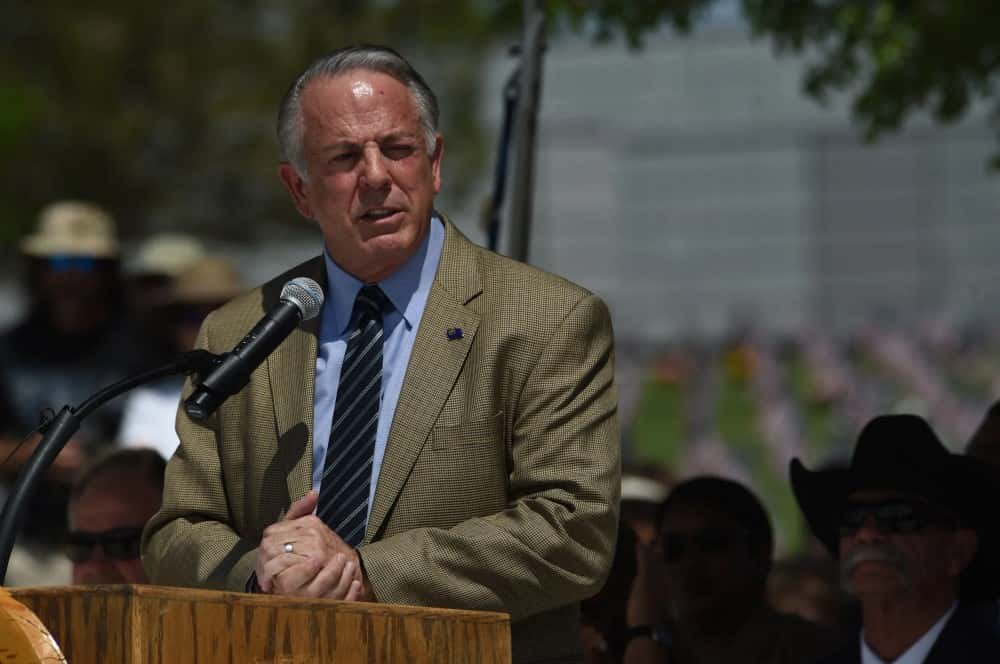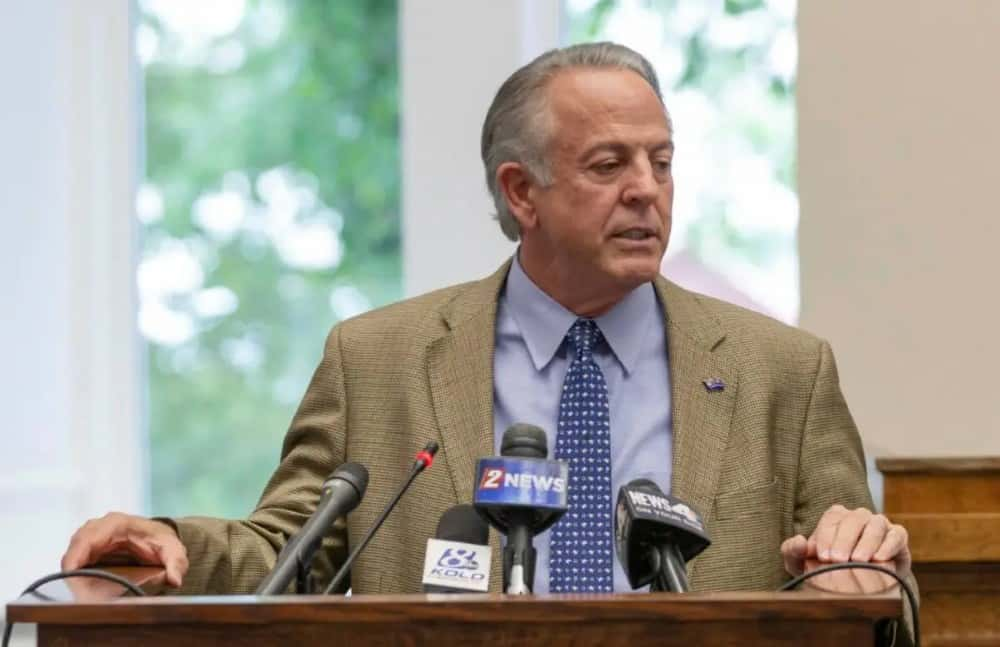The veto has raised concerns about the fate of other housing-related proposals currently being considered.

Governor Joe Lombardo dealt a blow to housing legislation by vetoing a bill that aimed to provide one-year rent stabilization for seniors and impose modest regulations on application fees
While Lombardo has yet to take action on additional housing bills, his veto of Assembly Bill 298, sponsored by Democratic Assemblywoman Sandra Jauregui, has generated significant attention.
The bill sought to limit rent increases to 10% for individuals aged 62 and above or those dependent on disability insurance benefits. It would have also required landlords to refund application fees for tenants who were not screened. Lombardo justified his veto by criticizing the legislation as overly burdensome and an unreasonable constraint on standard business activities. However, with rent prices surging by over 20% on average throughout Nevada, and as much as 30% in some cases according to Clark County officials, the impact on seniors with fixed incomes has been significant.
Jauregui defended the bill, comparing it to a pilot program that could determine its efficacy for the state. The proposed rent stabilization for seniors would have necessitated landlords to provide a detailed appendix outlining all associated fees and refund application fees in cases where a tenant was not screened.
Interestingly, Jauregui’s bill received support from unexpected quarters, including the Nevada Realtors Association and the Vegas Chamber of Commerce, alongside housing justice organizers and the Legal Aid Center of Southern Nevada.
The bill failed to move forward in 2021, along with other legislation aimed at regulating deposit and application fees
Lombardo did sign one housing bill, Senate Bill 381, into law, prohibiting landlords from charging tenants fees for repairs, effective July 1. Additionally, Assembly Bill 218, which mandates landlords to offer alternative rent payment methods and disclose all non-optional fees in property advertisements, and Senate Bill 78, which restricts the collection of unlimited application fees unless an application has been denied, have gained unanimous approval.
Other proposals still under consideration include Assembly Bill 340, which aims to shift the burden of filing eviction cases to landlords, and Senate Bill 335, which permits justice courts to establish eviction diversion programs, pausing eviction proceedings for up to 60 days if tenants are awaiting rental assistance.
READ ALSO: Social Security Recipients Anticipate Sixth Payment Of 2023




